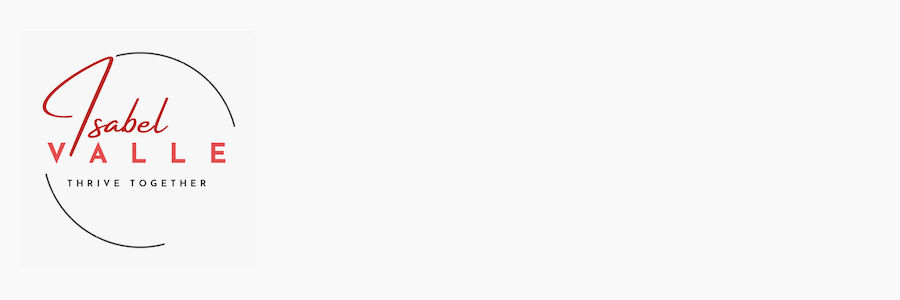This is still one of my top 3 TED Talks in history, and unfortunately, despite its huge success when Sir Ken Robinson spoke back in 2006, not much has happened.
And yet, this TED Talk is now more relevant than ever before.
Some of the highlights of his talk, slightly amended in my own words:
– Education is meant to take us into a future we can’t quite grasp.
– We need to tap into our capacity for creativity and innovation now more than ever.
– Creativity now is just as important as literacy, and it should hold the same status.
– We mustn’t be frightened to be wrong, we must be willing to take chances. Because if we are not prepared to be wrong, we’ll never come up with anything original.
– We run our companies and our education systems with a condemn for mistakes, which educates people out of their creative capacities.
– Over time, we start educating our children from the waist up, concentrating on their heads. And so we learn to live in our heads, disembodied almost.
– The most useful subjects to help us thrive in this new world and unknown future are not english and maths. We simply cannot continue to educate with the same hierarchy of subjects we’ve had since the 19th century.
– We need to radicatlly review our view of intelligence. Our only hope for the future is to adopt a new conception of human ecology, where we shift our undestanding of the richness of human capacity. We must move towards educating our whole being, so we can face this future.
If you can, please watch the whole TED Talk, and amuse yourself with the wittiest strike of priceless wisdom offered by Sir Ken Robinson.
This is the time to tap into inner resources we simply didn’t consider or even knew we had before. We must be willing to venture into complete new lands, to be uncomfortable, and to be willing to fail if we are to come out of this crisis with a renewed sense of resilience, courage and opportunities that bypass all our current adversities.
Stay safe and let’s do our best.
Isabel
Click on the link below to watch the whole TED Talk:
https://www.ted.com/…/sir_ken_robinson_do_schools_kill_crea…Sir Ken Robinson makes an entertaining and profoundly moving case for creating an education system that nurtures (rather than undermines) creativity.










































